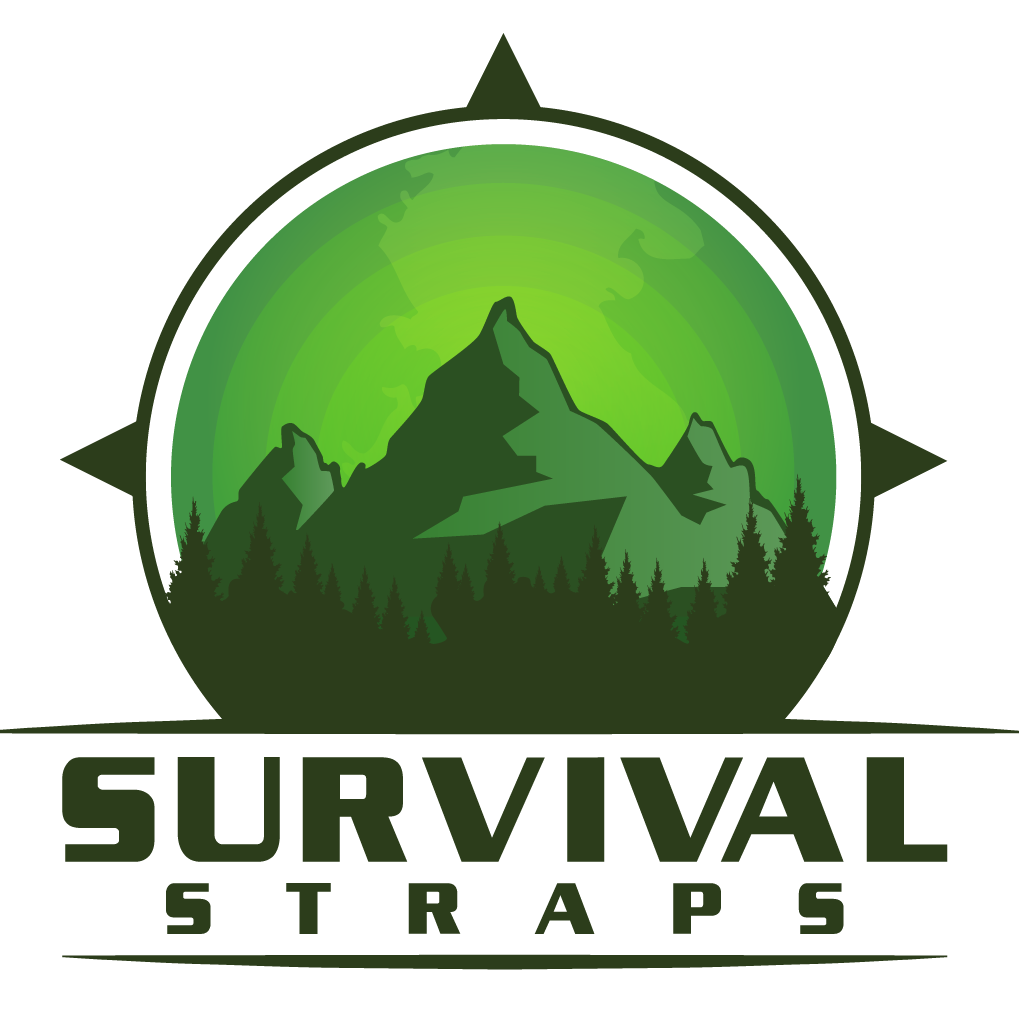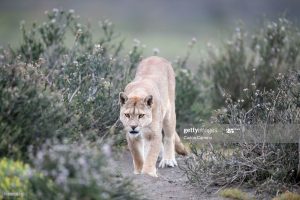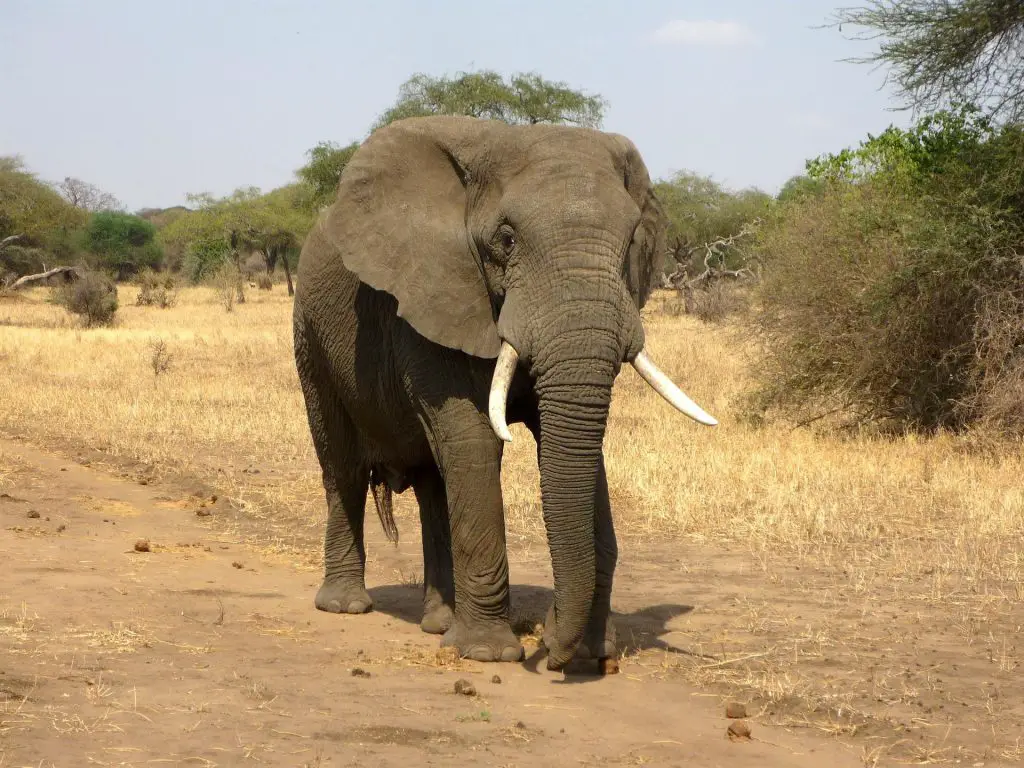Natural disasters happen all the time, and the fact is, you can never fully be prepared for them. When a natural disaster (earthquake or flood) occurs, the people affected will most likely be displaced from their homes for a particular period.
These people have to find a way to deal with the situation and get back to their regular lives. One effect of natural disasters is the displacement of dangerous animals from their natural habitat.
Most people and even the government don’t give much thought to this effect because they have other pressing issues to deal with at that moment. Regardless, this is still an issue.
While human beings are trying to land on their feet and restore order to their lives, animals will look for the next best place to set up shop, and don’t be surprised if they pass through your neighborhood while they are on this mission.
After surviving a disaster, you shouldn’t fill the stomach of a mountain lion or any other dangerous animals. This is why we have compiled this article. The tips below will show you how to survive an encounter with a dangerous animal after a disaster. Enjoy!
Tips for Surviving an Encounter With a Dangerous Animal
Find more about surviving HERE.
Don’t Invade Their Space
Most wild animals are conservative. As long as they don’t feel threatened and are not hungry, they will most likely avoid a direct encounter. You have to take advantage of this and leave an animal that wants to be left alone.
Poisonous snakes have been known to slither into darkness at the approaching sound of human beings. If you give them at least 15 feet of space, they will go away on their own. If you are closer than 15 feet, don’t run, and don’t panic.
All you have to do is slowly back away and then back away some more. The bottom line is that you should not try to sneak up on an animal or scare it out if you don’t have any reason to do it. This trick doesn’t work for only snakes but with bears and other wild animals as well.
Remember, they just went through a disaster like you, and they are trying to survive; they probably didn’t come out looking for a fight.
Keep All Kinds of Food and Garbage Far From You
After a disaster happens, the essential thing that animals look for is food. By the time they get to where there is food, they are probably already starving, which can turn them violent. When a disaster happens, your garbage and other rotten food residues should be kept as far away from your house as possible. Animals have a great sense of smell, and they can sense can pick up on something good from an amazingly long distance.
Also, if you are mobile during the disaster, you should always avoid carrying any food with you. Avoid moving around with food so that you don’t become walking prey for a dangerous animal. Another act you should avoid is giving animals food or leaving food for the animal. Animals are not as smart as human beings, and when they see that you have what they want, you can expect a full-out attack. Do not try to feed animals.
Avoid Confrontation With an Animal Mother
When hunters go into the forest, they are careful not to kill young animals because they know that the animal’s mother will fight with a resolve that they might not be able to control. Mama Bears (referring to all female animals with offspring) are incredibly protective of their young.
Even when the threat is not real, they can become very defensive and get very violent. When you see any animal approaching with young, the best thing you can do is avoid confrontation.
Carry Bear Spray and Other Effective Repellants
Dangerous animals will still be dangerous, and they can even attack you for no reason at all. You have to be prepared for this eventuality. One of the most effective tools to use against dangerous animals is bear spray.
Bear spray was originally designed to keep mountain climbers safe from bears, but after a natural disaster, you might want to keep it close just if some other animal comes for you. If the laws of your country allow for firearms, then you should also hold that close too.
Watch Out for Animal Tracks and Movement Patterns
Animals are creatures of habit, and they don’t do well with change. A natural disaster forces them out of their natural habitat, and they will look for a new place that feels like home.
Once you see a dangerous animal after a disaster, there is every probability that others are not far behind. Always be on the lookout around areas where dangerous animals have been sighted.
Make Some Noise When Moving
When you are moving, always make some noise. Like we said earlier, animals will rather avoid confrontation with human beings. When they hear your sound from a safe distance, they will keep calm and allow you to exit the environment before going on with their everyday activities.
Mountain lions have been known to back away from human beings that were not scared of them. The point is to not look like prey (even though you are).
Move In Groups; Don’t Walk Alone
Moving in groups is the ultimate safety measure for human beings. After a natural disaster, dangerous animals are likely to be isolated from their groups. Human beings should use this to their advantage. Animals quickly feel threatened, and they will not attack when they see a group of human beings together.
You may like
| How to Survive an Economic Collapse |
| How To Start A Fire: An Excellent Guide for the Survival Enthusiast |
| How to Guide to Survive Extreme Winter |
Conclusion
Surviving an encounter with a dangerous animal after a disaster is possible. All you have to is put in measures to make sure that you don’t attract them. If they ever come near you, you should also be ready to ward them off with the right tools and mechanisms.
This article has shown you proactive steps that you can take to survive this kind of attack. We hope you never have to resort to them.
If you have any queries feel free to reach out in the comments section below.
Check out our website for more content like this.


